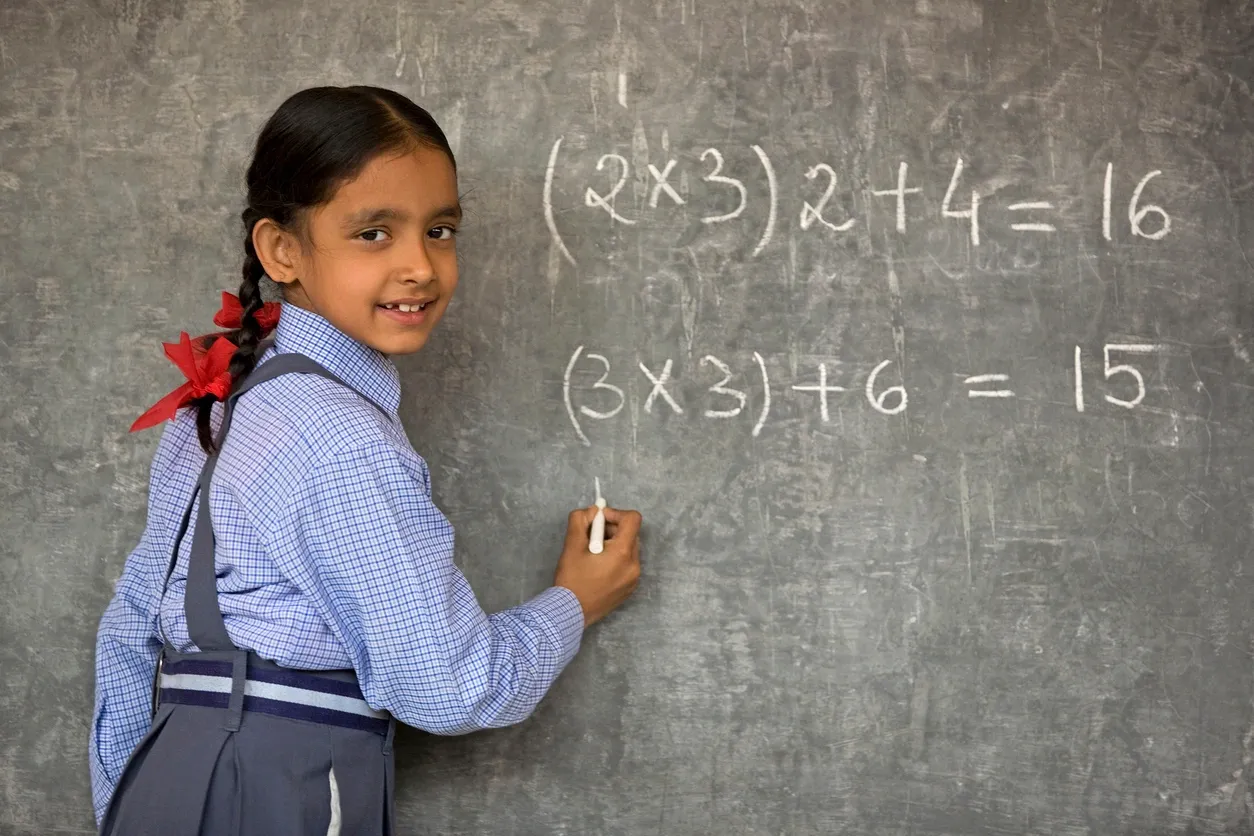Need to know: Twice exceptionality describes gifted children who have one or more learning disabilities such as dyslexia, ADHD, Autism, etc
You might be surprised to learn what giftedness means for a child, their education, and general life experience.
Giftedness is usually linked to an IQ score of 130 or above. Kids who have been identified as gifted perform – or have the capability to perform – at higher levels in one or more domains compared to others of the same age, experience, and environment.
You can’t create giftedness through training or tutoring, it is a brain function difference you are born with. Gifted children can come from all racial, ethnic, cultural, and economic groups.
Children who fall into the gifted range are known to have asynchronous development; this refers to a child’s mental and social-emotional age not being in line with their actual age.
Sometimes, gifted children also have learning disabilities like dyslexia or neurodevelopmental differences like ADHD and Autism or behavioural/emotional disorders. These kids are called twice exceptional or 2e.
Why it’s important
Twice-exceptional children can get through school by using their talents to compensate for their disabilities or different education needs. There are many students, however, who are held back from performing to their abilities because of their neurodevelopmental differences or behavioural/emotional disorders. Both types may never be identified as gifted or only much later in life because their disabilities overshadow their gifts.
Unidentified talents and disability can have emotional and behavioural consequences for children. A child can feel frustrated and anxious because they know that something is getting in their way but they don’t understand what it is. They may be called lazy and told they are not trying hard enough, which often wears away at their self-confidence.
The mainstream schooling environment is not set up to support and accommodate children with different needs, especially twice-exceptional students. Curriculum delivery and testing are standardised, which is often not in line with how 2e kids best learn and perform.
To reach their potential, gifted children require interventions and adjustments.
Tips & strategies
If you are wondering whether your child is 2e, then it is worth further investigation. The following are some signs that can indicate giftedness:
- Creativity
- Sophisticated sense of humour
- Wide range of interests
- Advanced ideas
- Excellent vocabulary
- Special talents that consume their attention
- Intensity and depth of interests
Kids who show many of the signs above but perform poorly in school are most likely twice exceptional. You might notice that your child experiences the following challenges:
- Frustration
- Argumentative personality
- Poor written expression
- Sensitivity to criticism
- Poor organisational skills
- Poor study habits
- Stubbornness
- Difficulty in social situations
You should consider getting your child tested if there is a discrepancy in their level of achievement at school. Are they average in some areas, but in one or two areas achieving well beyond their academic year, or do they do exceptionally well in all areas except one, where they are behind their academic year?
The most accurate way to pick up on twice-exceptionality is through a neuropsychological evaluation. This type of testing provides a full profile of cognitive and academic strengths and weaknesses which can be used to identify where extension and support are needed.
It’s crucial that children who are gifted and also have learning disabilities, neurodevelopmental differences, and/or behavioural/emotional conditions, are identified early. Understanding your child’s strengths and weaknesses will help you advocate for them in an educational setting giving them a chance to meet their potential.


